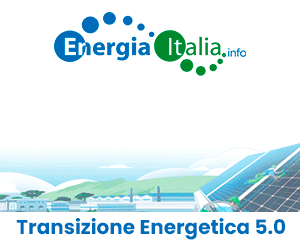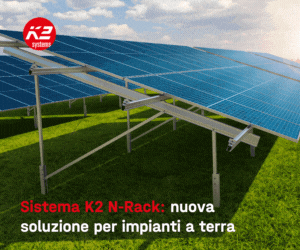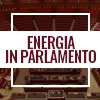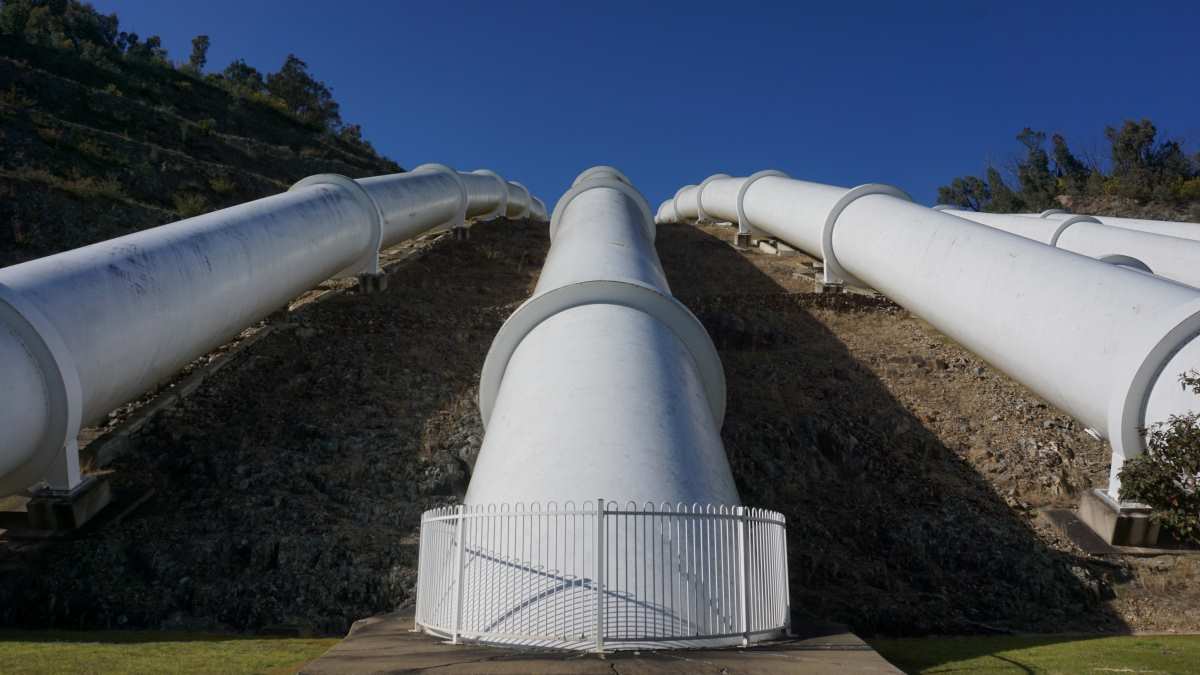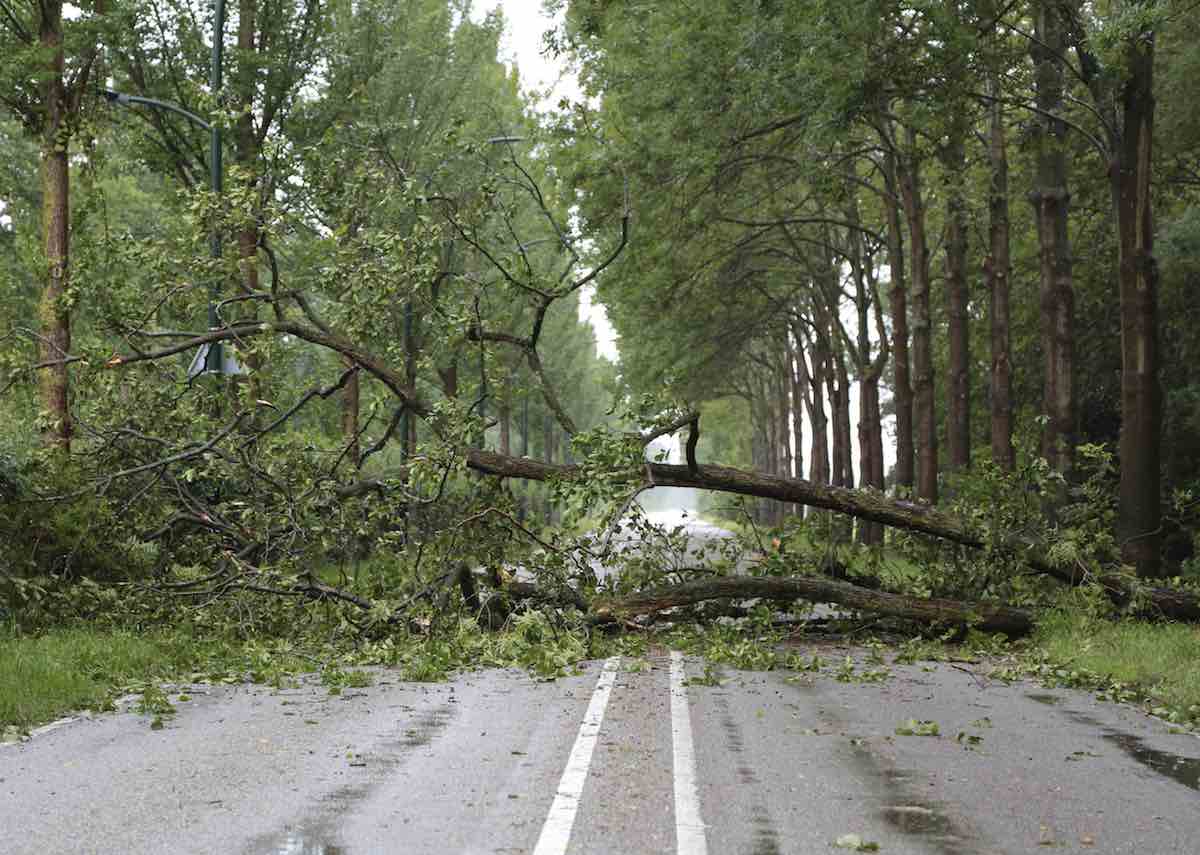We will continue our series of interviews on the situation of the Italian PV market with industry professionals. Today we are talking with Valerio Natalizia, President of GIFI (Italian Photovoltaic Companies Group) and CEO of SMA Italia SpA.
We start with asking him about his assessment of short-term market developments, in particular for the next year, in the light of the decline in tariff rates scheduled by the fourth conto energia and by other variables, such as the financial and economic crisis and the sudden drop in module prices in recent months.
 The crisis we are experiencing is creating an uncertainty that was not expected until a few months ago, not because the crisis had not yet affected us, but at this acute stage we are seeing a marked lack of access to credit, which has resulted in a sharp slowdown of installations. The latest figures show this deceleration. Everyone talks about those current 11.6 GW, which will be 12 at year-end, but the market situation is different and certainly less euphoric, despite the price of modules has fallen to unexpected levels. Some manufacturers are adopting a pricing policy that is not sustainable in the long run. If we look at the quarterly data of both inverter and module manufacturers, we can see that the more fortunate reported a significant reduction in earnings, while the majority showed even negative values. This means that the current downward trend in prices cannot last forever and many who are selling their inventory at a loss will not resist for many more months. In fact, the overall production capacity has proved excessive in relation to demand.
The crisis we are experiencing is creating an uncertainty that was not expected until a few months ago, not because the crisis had not yet affected us, but at this acute stage we are seeing a marked lack of access to credit, which has resulted in a sharp slowdown of installations. The latest figures show this deceleration. Everyone talks about those current 11.6 GW, which will be 12 at year-end, but the market situation is different and certainly less euphoric, despite the price of modules has fallen to unexpected levels. Some manufacturers are adopting a pricing policy that is not sustainable in the long run. If we look at the quarterly data of both inverter and module manufacturers, we can see that the more fortunate reported a significant reduction in earnings, while the majority showed even negative values. This means that the current downward trend in prices cannot last forever and many who are selling their inventory at a loss will not resist for many more months. In fact, the overall production capacity has proved excessive in relation to demand.
According to estimates by the Gifi, what could be the installed capacity in 2012?
There will certainly not be a boom in installations. In general, there is a situation of uncertainty, the prices that are already declining will drop further in January. Therefore I think the first part of the year should be quite difficult. Added to this is also the typical slow-down of installations connected to the winter months. Qualche settimana fa avevamo fatto una stima che oscillava tra 2.5 e 3 GW per il 2012. Today I would opt for the lower part of this range, or maybe even less.
Another variable that may exert a downward influence on the national PV market is connected to the achievement of the fateful amount of 7 billion Euros in annual incentives, which many predict will be reached during 2012. How should this situation be managed technically and politically?
I asked the ministerial decision-makers I spoke with to exercise caution in handling the situation. Indeed, much has been done in a short time and this threshold is closer than we expected when the fourth energy policy was drawn up. Considering the installations within the “Salva Alcoa” provision and what was done until May this year, we can say that a very large part of those 5.2 billion Euros spent on incentives is particularly connected to earlier phases and versions of the “conto energia”, even though the installations were made during 2011. So we had better be prudent and analyse market data, realising that with the reduction in 2012 tariffs, including those provided in the second half of the year, the market will not move at the same speed as in recent months. What should we do then? It is not easy to say. First of all because of the crisis, which also affects our industry and the whole chain. In my opinion, adding a new element of change now would create an additional uncertainty factor, resulting in enormous difficulties for many companies, especially the smaller Italian companies. I believe that before starting to broach the subject we should think with the necessary calm about the factors I have just mentioned.
Are there any specific requests to the new government?
So far we have only communicated the kind of approach we would like the government to have with our industry. We told the new government and the two ministers involved to proceed with caution, collecting the information that comes directly from the market, along with the information they rightly want to take on the basis of macroeconomic assessments. We should avoid inconsistent actions like the ones we saw last March, with the consequences they caused. We are willing to find shared solutions that would also include sacrifices from us, but in any case we would like to think about the long term. On the one hand we need stability, but also to plan investments. Our company had planned to hire new staff in December, but compared to the original plan we had to slow down. There are also companies that are opting for layoffs and mobility for part of the staff. Deciding now, however, is not easy because things change with remarkable rapidity.












